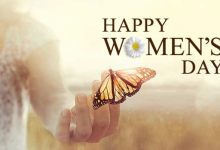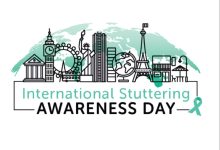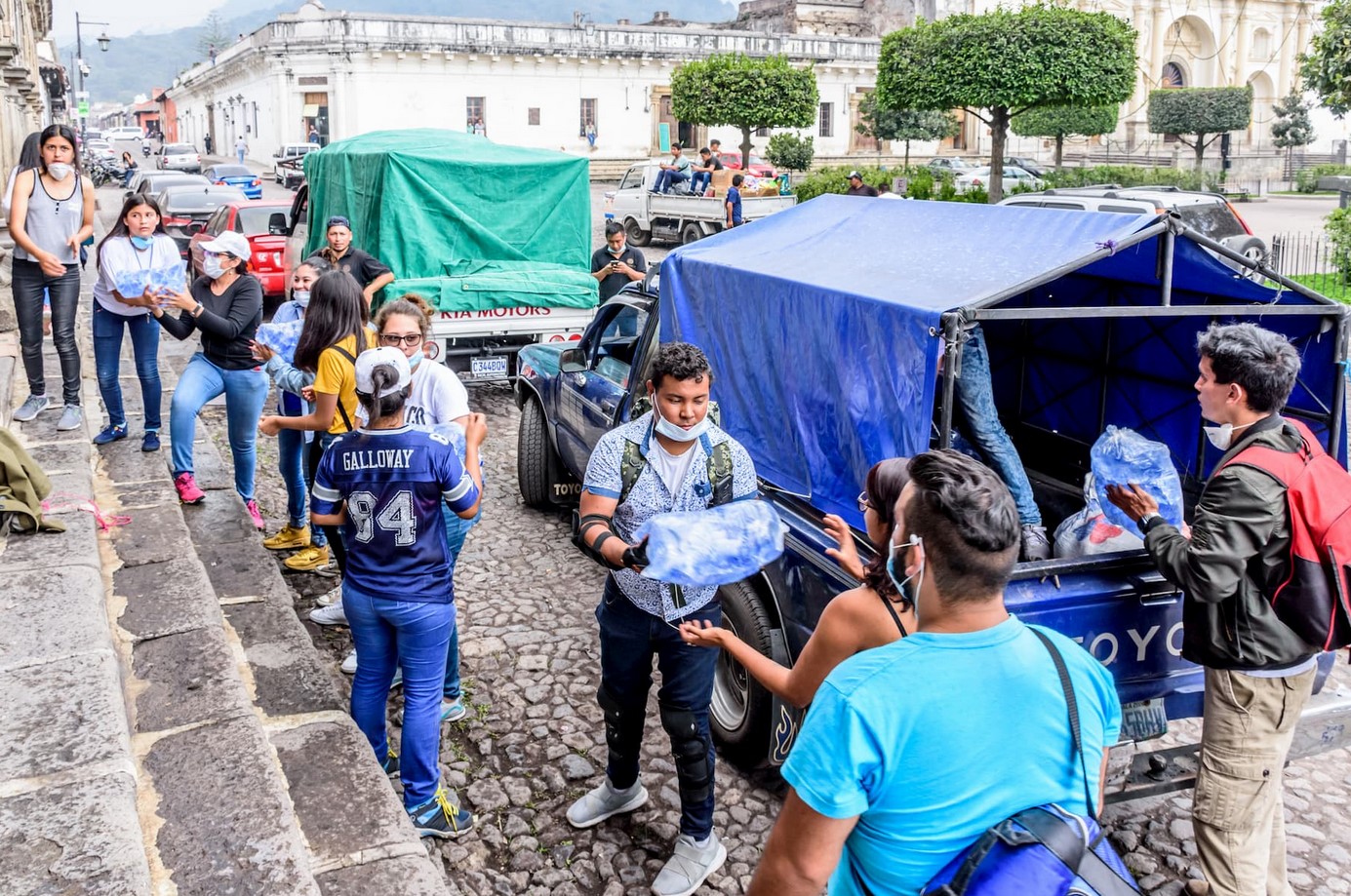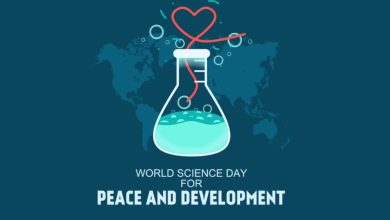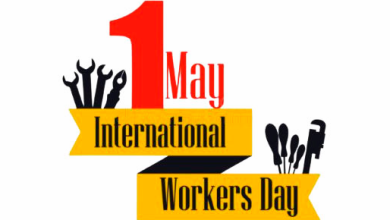International Day of the World’s Indigenous People Theme 2023: Quotes, History & Wishes


Every year on August 9, the International Day of the World’s Indigenous Peoples gets marked to raise awareness and safeguard the rights of the world’s indigenous population. This event also acknowledges indigenous peoples’ achievements and contributions to global challenges such as environmental conservation. The United Nations General Assembly officially proclaimed it in December 1994. On the anniversary of the initial meeting of the UN Working Group for Indigenous Populations of the Sub-Commission on the Promotion and Protection of Human Rights in 1982.
Indigenous peoples are the inheritors or practitioners of distinct cultures and methods of interacting with others and the environment. Indigenous peoples’ conceptions of health and well-being are often larger and much more holistic. Health is frequently considered to be an individual Article 24 of the United Nations Declaration. On the Rights of Indigenous Peoples acknowledges Indigenous peoples’ right to traditional medicines, to maintain their health practices, and to equal access to social and health services. In order to increase awareness of the needs of various population groups, especially their health requirements.
History:
The United Nations General Assembly established the International Day of the World’s Indigenous Peoples in December 1994. To be observed annually during the inaugural International Decade of the World’s Indigenous Peoples (1995–2004). The Assembly declared a Second International Decade, running from 2005 to 2015, with the theme “A Decade for Action and Dignity” in 2004. People from all over the world are invited to observe the day in order to convey the UN’s message about indigenous peoples. Educational forums and activities in the classroom are used to gain acceptance and a better knowledge of indigenous peoples.
The United Nations General Assembly determined in resolution 49/214 on December 23, 1994, that the International Day of the World’s Indigenous People would mark August 9. Annually during the International Decade of the World’s Indigenous People. In 2016, it reported over 2,680 indigenous languages had been in danger of extinction. As a result, the United Nations selected 2019 as the International Year of Indigenous Languages in order to persuade, convince, and raise awareness of indigenous languages.
On Indigenous Peoples Day, what do you eat?
This includes meat and fish on occasion, but it primarily consists of grains, roots, herbs, fruits, and vegetables unique to North America. Many indigenous meals use corn, wild rice, squash, tomatoes, beans, and potatoes.
How to Honor and Respect the Day of Indigenous Peoples?
Indigenous Peoples’ Day celebrations can take many different shapes. Honoring rituals bring traditional celebrations to public platforms around the nation, while indigenous-led groups offer educational activities including performance events.

Respectfully commemorating Indigenous Peoples’ Day necessitates emphasizing Indigenous history, culture, and customs. Learn more about the significance of Indigenous Peoples’ Day. Discover ways to observe the event with respect by interacting with the materials mentioned below.
- Recognize and respect the Native American territory you inhabit.
- Attend a celebration honoring Indigenous people and cultures that an Indigenous organization.
- Participate in a live or online event, such as one that the National Museum of the American Indian is hosting.
- Support the return of Indigenous lands by attending a Laidback campaign event or educational session.
- Take steps to get rid of mascots, names, and especially logos that feature abusive and racially insensitive language and images.
- Read novels that are focused on Indigenous history, culture, or people.
- Watch and distribute historical-reflective videos of Indigenous people.
- Spread the word by discussing the significance of honoring Indigenous Peoples’ Day and recognizing Indigenous people with others.
